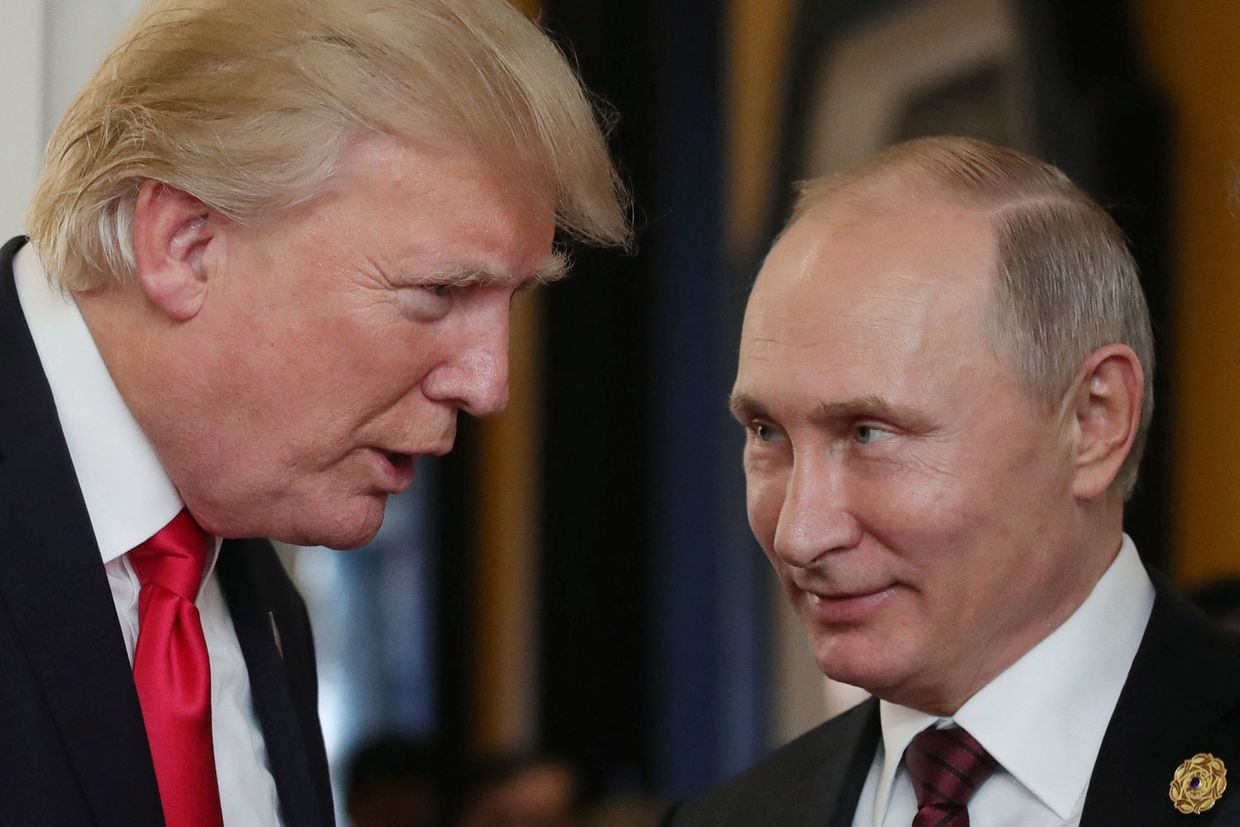'It's up to him' — Trump says ceasefire deadline depends on Putin

Editor's note: This story has been updated with State Department Spokesperson Tommy Pigott's statement.
U.S. President Donald Trump said Aug. 7 that the ceasefire deadline he set for Russia — scheduled for tomorrow, Aug. 8 — now depends on Russian President Vladimir Putin.
"We're going to see what he has to say. It's going to be up to him. Very disappointed," Trump told reporters at the White House when asked whether the deadline remains in effect.
Trump initially gave Moscow 50 days to reach a peace agreement with Ukraine when he issued the ultimatum in mid-July. Since then, he has voiced growing frustration with Russia's continued aggression and has moved to accelerate the timeline for a ceasefire.
The statement comes as the U.S. president is preparing for an in-person meeting with Putin as early as next week, followed by a potential trilateral summit with Zelensky.
State Department Spokesperson Tommy Pigott said the upcoming meeting should be viewed not as a matter of trusting Russia but as one of demanding concrete results.
"This is not a question of trust, it's a question of actions," Pigott said during a briefing. "He (Trump) said we need to see actions, not just words — he said that himself."
"Getting the sides to the table is key to reaching a diplomatic solution to this conflict. So again, it's not about trust — it's about action, and about doing everything we can to help bring this war to an end."
Trump's comments follow a high-level meeting in Russia between Putin and U.S. special envoy Steve Witkoff. The talks were reportedly requested by the Kremlin in an effort to avoid a new round of sanctions threatened by the United States if no ceasefire is reached by Aug. 8.
While Trump described the meeting as "highly productive," his latest comments indicate that the outcome now depends on Moscow.
Trump previously warned that if Russia fails to comply, his administration will impose secondary sanctions targeting countries that continue to buy Russian oil — including India and China.
On Aug. 6, Trump escalated pressure on Moscow by signing an executive order imposing a 25% tariff on imports from India, citing its ongoing purchases of Russian crude.
The move is part of a broader strategy aimed at crippling Russia's oil revenue, which accounts for roughly one-third of its federal budget and remains a key source of funding for its war in Ukraine.














